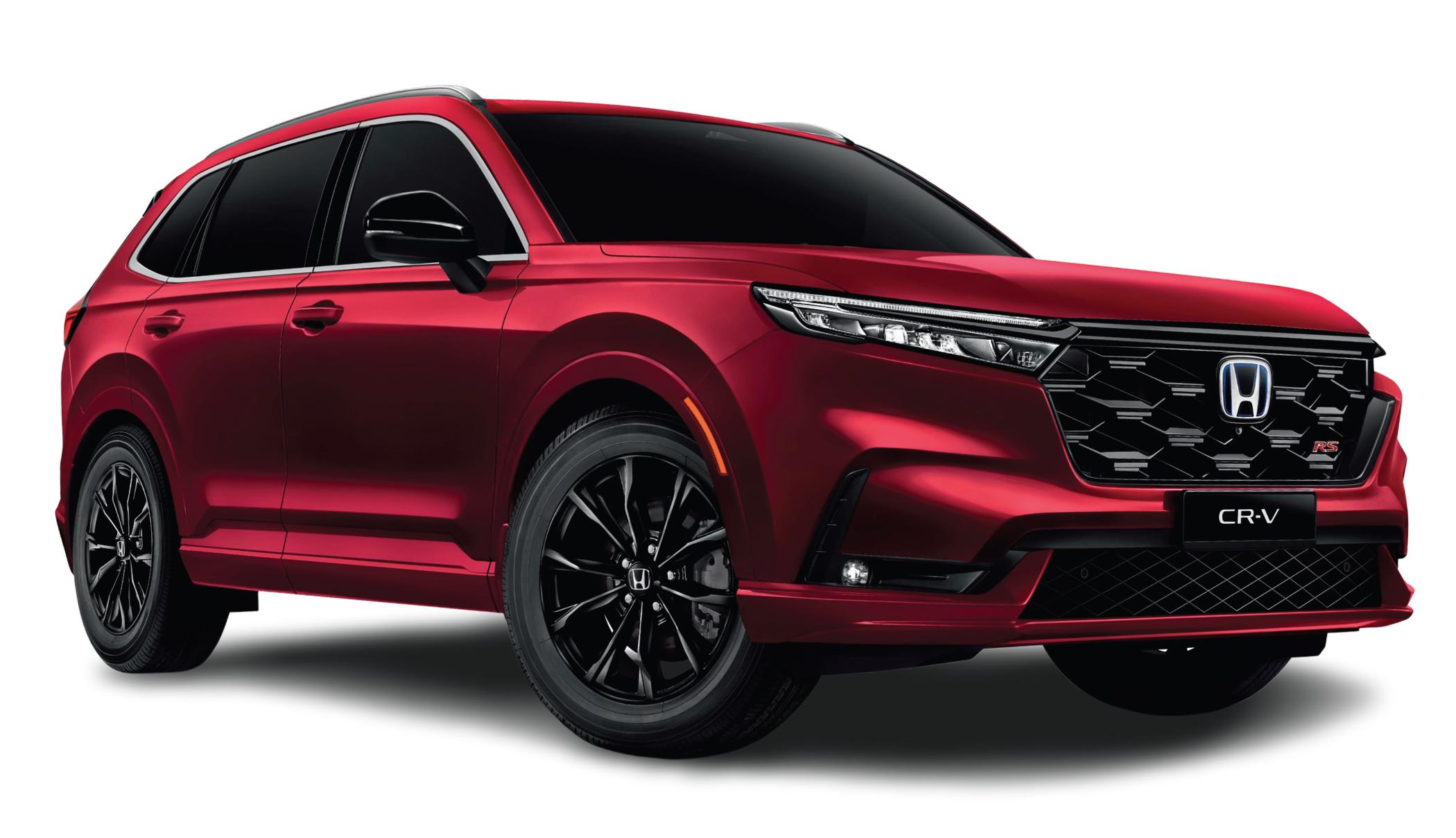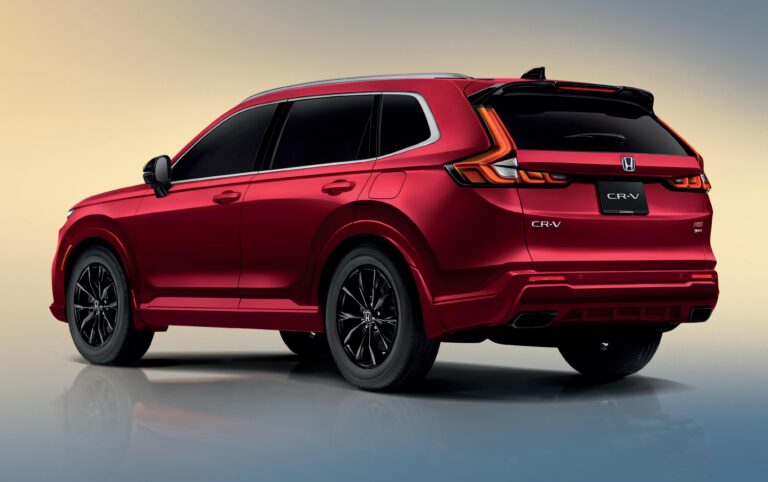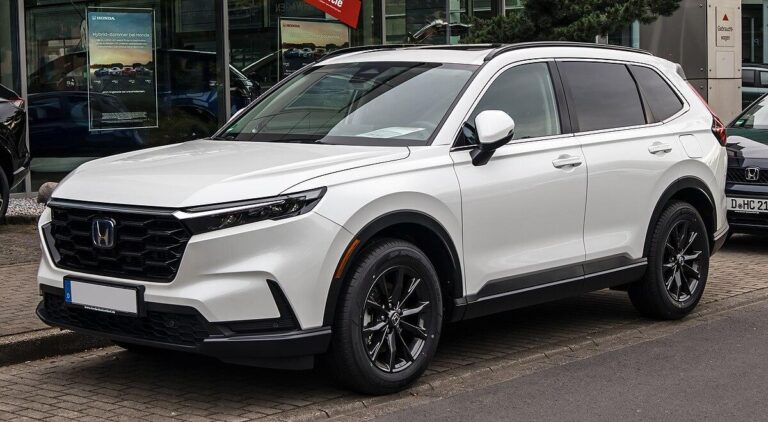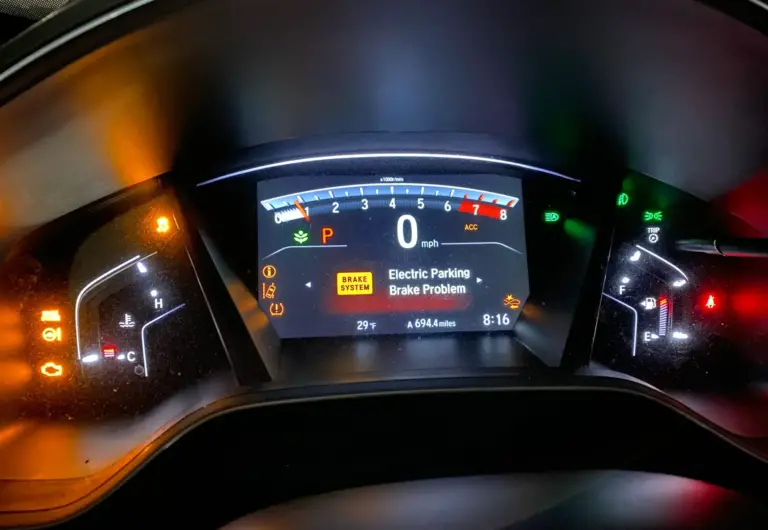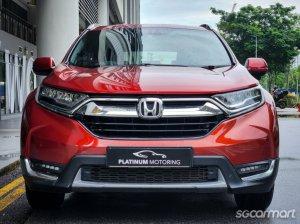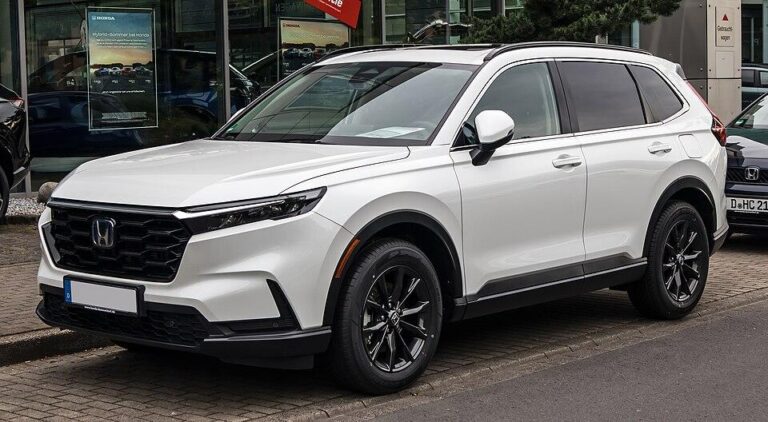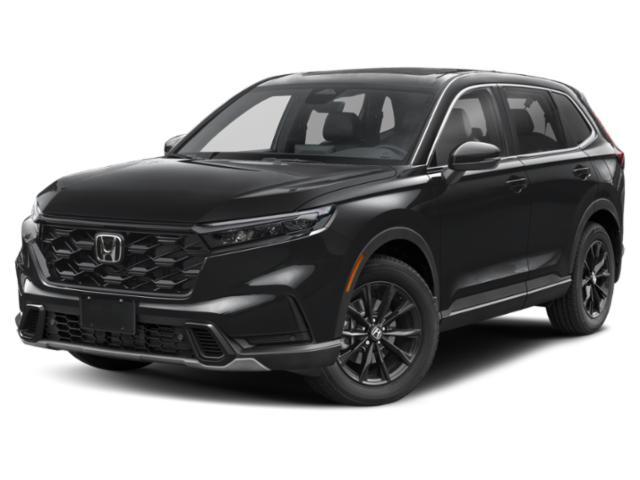Honda CR-V engine options
The Honda CR-V has solidified its reputation as a favorite in the realm of compact SUVs, renowned for its harmonious blend of versatility, comfort, and dependability. However, it is the diverse Honda CR-V engine options that truly set this vehicle apart, offering a range of choices to suit various driving preferences and lifestyles. In this comprehensive analysis, we will explore the array of engine configurations available for the CR-V, delving into their performance attributes, fuel efficiencies, and technological advancements. Whether you seek the thrill of a turbocharged drive or prioritize the eco-friendliness of a hybrid engine, understanding these options will empower you to make a well-informed decision. Join us as we unlock the potential of this iconic vehicle’s powertrains and uncover what makes each option uniquely appealing.

Exploring the Powertrain Choices of the Honda CR-V
The Honda CR-V boasts an impressive selection of engine options, each meticulously designed to cater to distinct driving preferences and lifestyle needs. At the heart of the CR-V lineup is the 1.5-liter turbocharged inline-4 engine, which expertly balances performance and efficiency. This engine delivers a robust 190 horsepower and 179 lb-ft of torque, making it an excellent choice for both urban commuters and weekend adventurers. The inclusion of a responsive continuously variable transmission (CVT) ensures seamless acceleration and optimizes fuel economy, achieving up to 28 mpg in the city and 34 mpg on the highway.
For those inclined towards environmentally conscious driving, the CR-V offers a hybrid powertrain that combines a 2.0-liter inline-4 engine with two electric motors. This innovative system produces a combined output of 212 horsepower while significantly enhancing fuel efficiency, reaching up to 40 mpg in the city and 35 mpg on the highway. This dynamic configuration allows for smooth transitions between electric-only and hybrid driving modes, ensuring that drivers experience both performance and eco-friendliness without compromise. Consider the following key specifications when selecting your ideal Honda CR-V engine option:
| Engine Type | Horsepower | Torque (lb-ft) | Fuel Economy (City/Highway) |
|---|---|---|---|
| 1.5L Turbocharged Inline-4 | 190 hp | 179 lb-ft | 28 / 34 mpg |
| 2.0L Inline-4 Hybrid | 212 hp | N/A | 40 / 35 mpg |
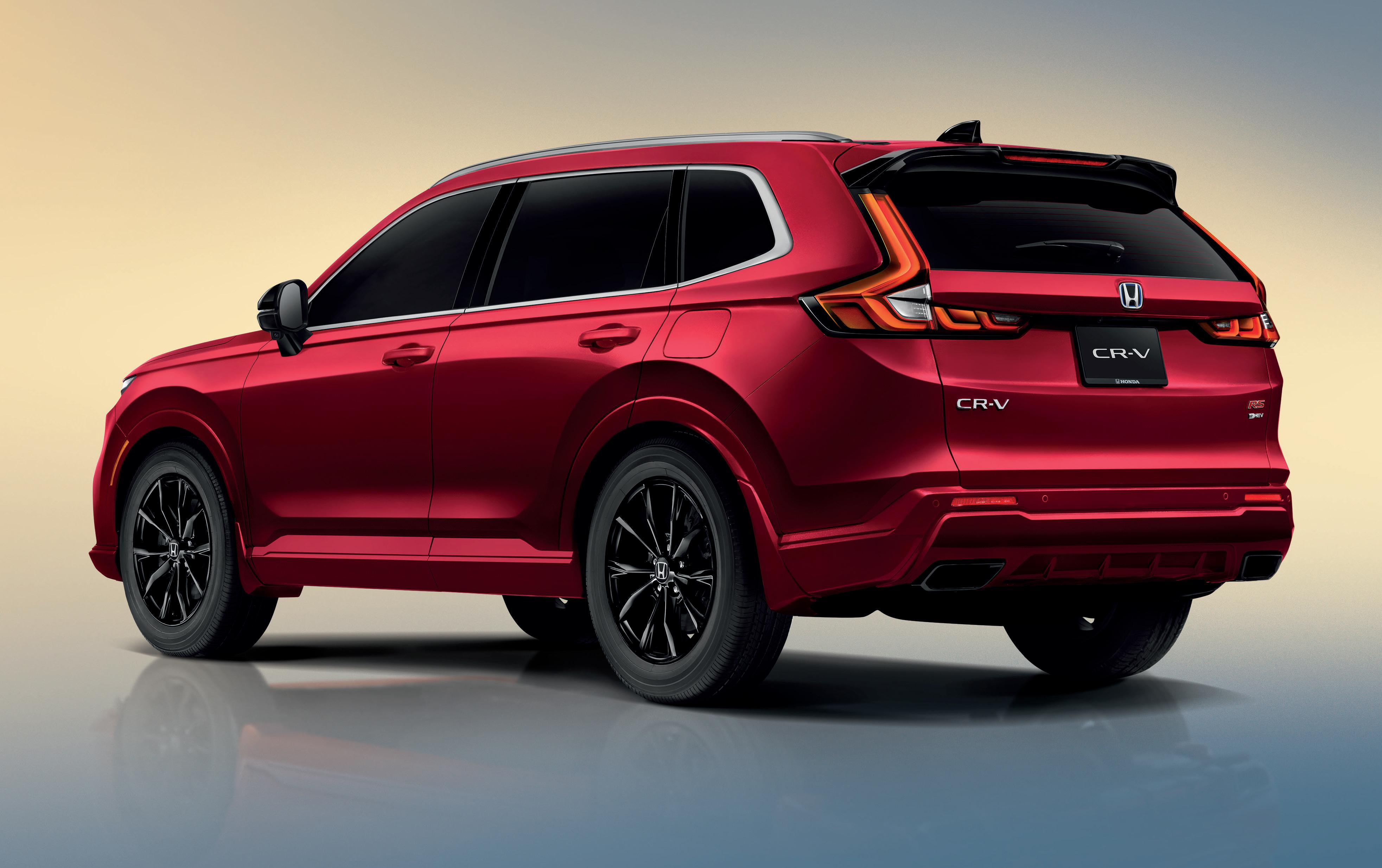
Performance and Efficiency: A Deep Dive into Engine Specifications
The Honda CR-V offers a spectrum of engine options that deliver both performance and efficiency, catering to the diverse needs of drivers. At the forefront is the turbocharged 1.5-liter inline-4 engine, celebrated for its spirited performance and commendable fuel economy. This engine produces 190 horsepower and 179 lb-ft of torque, allowing for agile acceleration while maintaining a high level of efficiency. Additionally, the hybrid variant features a 2.0-liter Atkinson-cycle engine combined with two electric motors, which together generate a total system output of 212 horsepower. This hybrid setup not only enhances performance but also significantly reduces fuel consumption, making it an eco-friendly choice for those looking to minimize their carbon footprint.
Each engine option is paired with a continuously variable transmission (CVT) that optimizes power delivery and fuel efficiency. The CR-V’s advanced engineering ensures a smooth ride regardless of driving conditions. Below is a simplified comparison of the engine specifications:
| Engine Type | Horsepower | Torque (lb-ft) | Fuel Economy (MPG) |
|---|---|---|---|
| Turbocharged 1.5L Inline-4 | 190 | 179 | 28/34 |
| 2.0L Hybrid | 212 | 126 | 40/35 |
Hybrid vs. Gasoline: Choosing the Right Power Source for Your Needs
When weighing the benefits of hybrid and gasoline engines, it is essential to consider several key factors tailored to your unique driving needs. Hybrid engines are engineered for efficiency, often yielding superior fuel economy and lower emissions. For those primarily engaged in city driving or short commutes, this can translate to significant savings at the pump and a reduced carbon footprint. Additionally, hybrids offer quiet operation and seamless transitions between electric and gasoline power, making urban driving a more pleasant experience. Notable benefits include:
- Enhanced fuel efficiency: Typically higher miles per gallon than gasoline counterparts.
- Reduced emissions: Lower greenhouse gas output contributing to environmental sustainability.
- Regenerative braking: Captures energy typically lost during braking, improving energy efficiency.
Conversely, a gasoline engine may appeal to those seeking performance and simplicity. Gasoline engines generally provide a more robust powertrain, offering quicker acceleration and higher horsepower. They are often easier to maintain and repair, with a more extensive service infrastructure. For those who value outdoor adventures or long-distance travel, gasoline engines can present clear advantages in terms of range and performance at high speeds. Key considerations include:
- Simpler maintenance: Established technology with less complexity.
- Immediate power delivery: Provides quicker acceleration response.
- Wider availability of service locations: More mechanics are trained and equipped to handle gasoline engines.

Future Innovations: What to Expect in Upcoming Honda CR-V Engines
The future of Honda CR-V engines is poised to embrace innovative technologies that prioritize both sustainability and performance. As hybrid technology continues to influence the automotive industry, we can anticipate enhanced hybrid powertrains that deliver improved fuel efficiency without sacrificing power. Additionally, advancements in turbocharging are likely to be integrated, offering more robust performance dynamics while reducing emissions. Future models may also introduce electric variants, creating a diverse lineup that caters to environmentally conscious consumers seeking zero-emission alternatives.
Moreover, we can expect Honda to leverage cutting-edge materials and engineering techniques, leading to engines that are not only lighter but also more resilient. Smart technology will likely play a significant role, with features such as adaptive fuel management systems that optimize performance based on driving conditions and habits. To summarize the anticipated changes, here is a brief overview:
| Innovation | Description |
|---|---|
| Hybrid Powertrains | Improved fuel efficiency and power output. |
| Turbocharged Engines | Enhanced performance with reduced emissions. |
| Electric Variants | Complete zero-emission options for eco-conscious buyers. |
| Smart Fuel Management | Adaptive systems for optimizing performance. |
Closing Remarks
The Honda CR-V stands as a testament to the seamless integration of efficiency and performance through its diverse engine options. Whether you are drawn to the spirited agility of the turbocharged variant or the eco-conscious appeal of the hybrid model, there is a powertrain that fits your lifestyle and driving preferences. Each option offers its own unique blend of reliability, responsiveness, and fuel economy, ensuring that every journey behind the wheel is both enjoyable and efficient. As you contemplate your next adventure in this versatile SUV, take comfort in knowing that Honda has crafted an array of engines to meet the demands of modern driving. Ultimately, the choice lies in your hands, but whichever path you choose, the CR-V promises a drive that feels just right. Happy motoring!

